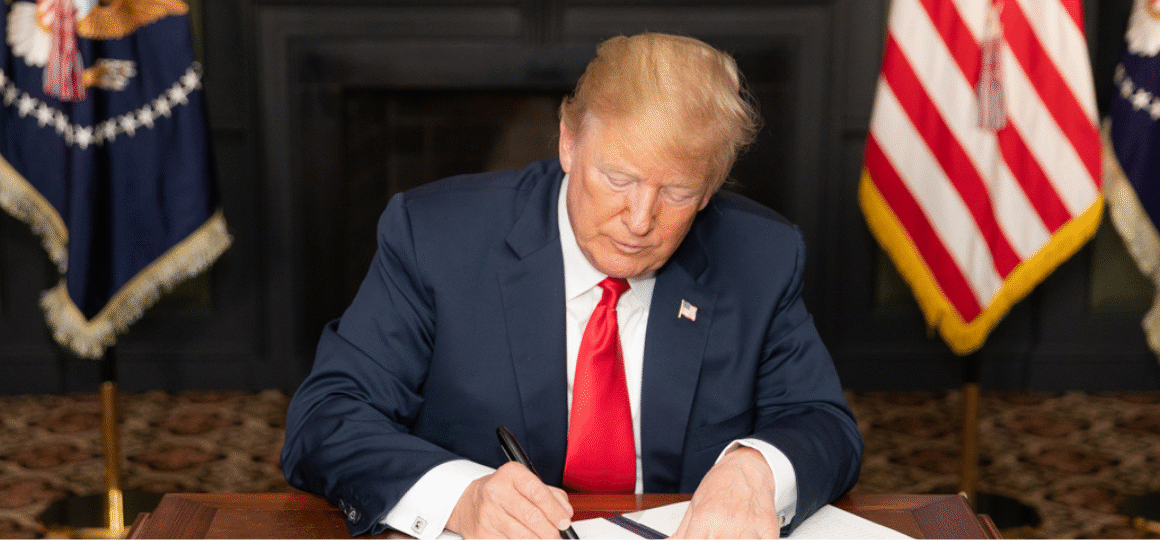Lebanon is going through one of the worst economic crises in its modern history. Since 2019, the financial collapse has wiped out the savings of millions, shattering public confidence in institutions. The Lebanese pound has lost more than 98% of its value against the dollar, while inflation topped 200% at various points in 2024, according to the World Bank. On top of this, Israeli attacks this year and last destroyed key infrastructure and displaced thousands of families. Today, more than 80% of the population lives below the poverty line.
As in many parts of the world, Lebanon has long had a thriving underground cannabis and hashish industry, especially in regions like the Bekaa Valley, where it’s been seen for years as an alternative source of income.
In April 2020, the Lebanese Parliament passed a law legalizing the cultivation of cannabis for medical and industrial purposes. However, its implementation stalled amid political disagreements and the absence of a regulatory body.
Now, the government has decided to tackle two long-standing issues —the economic crisis and illicit cultivation— by turning them into a single potential solution: the legalization and regulation of cannabis. The goal is to move beyond decades of persecution and transform an informal activity into a legitimate economic driver that creates jobs and fuels local development.
The state’s plan includes overseeing the entire production cycle: soil and water analysis, manufacturing and packaging, farmer licensing, and inter-ministerial coordination among the Health, Industry, Economy, and Agriculture ministries.
If the plan unfolds as projected, regulated production and exports could generate around USD 1 billion a year: a meaningful sum for a country desperate for new revenue streams.
Dani Fadel, head of the National Authority for the Regulation of Cannabis Cultivation, told the Anadolu Agency that the sector has enormous economic potential.
He also emphasized that cooperation with other countries will be key to ensuring quality standards and opening international markets. “Partnerships with countries experienced in cannabis production will be essential to integrate advanced technologies into cultivation and pharmaceutical manufacturing,” he explained.
Farmers were already growing cannabis
In Lebanon’s rural areas —especially in the valleys and mountains of the west and north— growing cannabis is nothing new. For decades, farmers in the Bekaa Valley and the Baalbek-Hermel region have depended on this crop to survive. With its fertile soil, dry climate, and low production costs, Lebanon offers ideal natural conditions for growing weed.
Many farmers turned to cannabis when traditional crops like apples or vegetables stopped being profitable. With no government support or development programs, cannabis became the only stable source of income for many communities. “This is no longer just about fruits and vegetables,” a government official told the LBCI channel. “We’re getting ready to regulate cannabis as a legal agricultural product formally.”
Through legalization, the state hopes to legitimize a practice that has survived underground for years. To that end, it will establish a regulatory authority responsible for granting licenses, overseeing crop quality, monitoring sales to national and international pharmaceutical companies, and coordinating exports. According to local media, the government plans to appoint this body before the end of the year.
No surprises: Legalization reduces drug trafficking
Interior Minister Ahmad al-Hajjar recently stated that the country has taken a “major step” in the fight against drug trafficking and manufacturing. He said the government is working closely with Saudi Arabia to intercept cocaine and Captagon shipments headed for the Gulf, while carrying out operations in sensitive areas like Baalbek and the Shatila refugee camp.
This approach is part of a broader strategy: regulate what can be regulated, and combat what remains illegal. The government argues that formalizing the medical cannabis industry will help reduce illicit networks, allowing security forces to focus on smuggling and synthetic drugs.
International evidence supports this logic: wherever weed becomes legal, illegal markets tend to shrink, prices stabilize, and the state regains fiscal and health oversight. In Lebanon’s case, regulation aims to channel the energy of an underground economy into a formal, traceable, and supervised system that delivers real benefits for local development.
Still, beyond the initial optimism, the government faces major challenges in implementing the new legal framework. It must bring all farmers into the system through licensing, provide state support to production regions through investment and technology, educate the public on the importance of medical cannabis, and promote a steady transition from the informal to the regulated market.
International experience shows that it can be done. Countries like Canada, Germany, and Uruguay have already proven that smart cannabis regulation can create jobs, tax revenue, and regional development, all while reducing drug trafficking and strengthening health oversight.
Lebanon starts from a much more fragile position —economically, politically, and socially— but it has something others don’t, and that’s tradition, agricultural know-how, and a sense of urgency that could speed up change.





